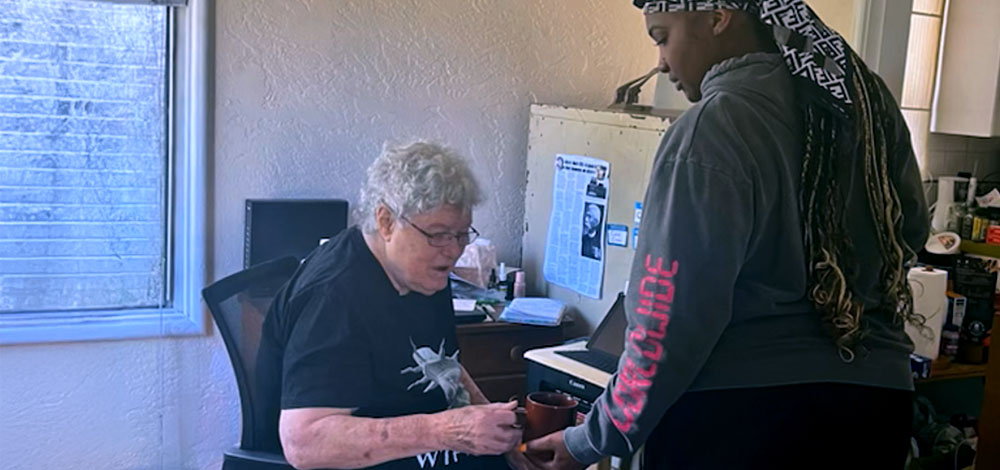
This article was first published on January 15, 2020, on the Health Affairs Blog.
If it seems like everyone you know is recommending that you listen to their favorite podcast, you’re not alone. With more than half a million podcasts to choose from, the podcasting world is bursting with content.
Podcasts, which emulate the on-demand content model perfected by Netflix, enable you to listen wherever and whenever you want and binge on multiple episodes in a sitting. As a result, they are becoming a larger and larger part of Americans’ “media diet.” According to industry analyst Infinite Dial, an estimated 62 million people (see slide 17), or more than one-fifth of the US population, listened to a podcast in the past week.
Formats vary, but the most captivating podcasts employ a combination of journalism, classic character-driven storytelling, and a heaping teaspoon of entertainment. While health care was slow out of the gate compared to topics like true crime, sports, and investing, there are an increasing number of health policy podcasts to choose from. Among them: The Dose, produced by The Commonwealth Fund; Health Affairs podcasts, including Newsmakers, Narrative Matters, and Events; What the Health? from Kaiser Health News (KHN); and An Arm and a Leg, which receives financial support from KHN and got a grant from Chicago AWESOME Foundation.
As foundation communications professionals and avid podcast listeners, we are excited that the Robert Wood Johnson Foundation (RWJF) and California Health Care Foundation (CHCF) are supporting a new podcast at the intersection of economics and health policy. Created by veteran health care journalist Dan Gorenstein (formerly with the American Public Media program Marketplace), Tradeoffs is modeled after other successful informational podcasts, such as Planet Money and Freakonomics, that make research and data relevant and accessible. Tradeoffs is intended to help “people on Main Street, Wall Street, and Capitol Hill have smarter health policy conversations.”
Continue reading the full text of this article on the Health Affairs Blog.
Authors & Contributors

Steven Birenbaum
Steven Birenbaum is a former senior communications officer who supported CHCF’s work to improve care for patients with complex chronic conditions, including older adults and people experiencing homelessness. As a grantmaker, he set strategy to strengthen and support nonprofit journalism in California, overseeing grants to public media outlets, a data fellowship program, and the daily news digest California Heathline.
Prior to joining the foundation, Steven was executive writer at Blue Shield of California. As a writer, his work has been published in The New York Times, Newsday, the Stanford Social Innovation Review and KQED Radio, among other outlets. Steven received a bachelor’s degree in political science and history from the University of Wisconsin–Madison and a master’s of public affairs from the LBJ School of Public Affairs at the University of Texas, Austin.

Jordan Reese
Jordan Reese is director of media relations for the Robert Wood Johnson Foundation, where he helps the foundation share its ideas, research, and initiatives among the public, health care professionals, practitioners, scholars, policymakers, community activists, and others. Previously, he was Lehigh University’s director of media relations and spokesperson, overseeing issues management, crisis communications, and the expansion of the university’s social media outreach.
Reese also served as the manager of science communications at the University of Pennsylvania in Philadelphia, where he promoted the University’s advances in natural sciences, engineering, and veterinary and dental medicine. He earned a bachelor’s degree in writing, film, and journalism from the University of Pittsburgh and a master’s degree in journalism from Temple University.





